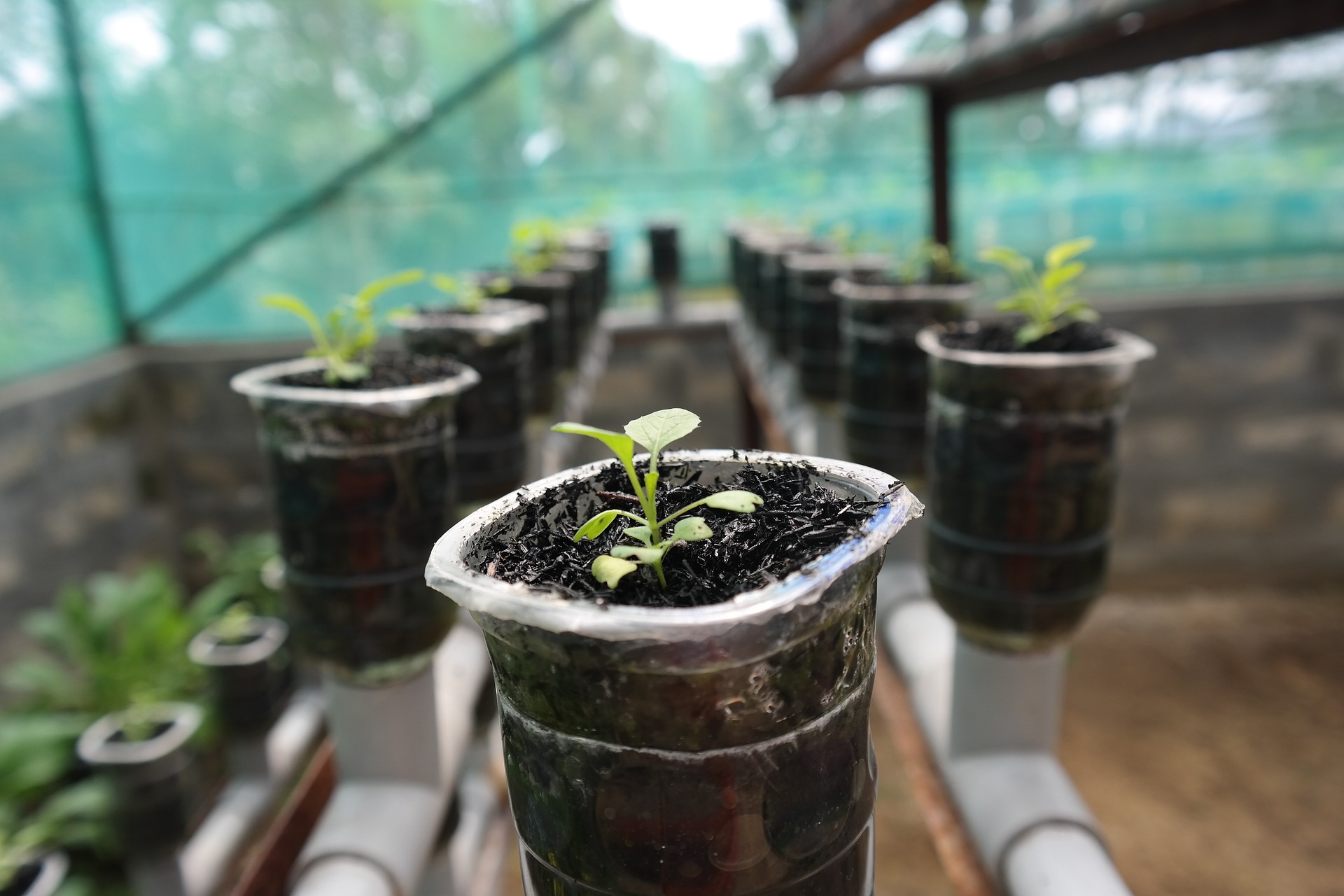The Art of Personal Grooming: A Deep Dive into the World of Skincare
Skincare has been an integral part of human civilization for thousands of years. It is a practice that transcends cultural and geographical boundaries, taking on different forms and significance in different societies. Today, skincare is a booming global industry, with consumers spending billions of dollars yearly on products and services that promise to enhance their skin's health and appearance. Understanding the history, current trends, and the future of skincare can provide fascinating insights into not just this specific aspect of beauty, but also broader patterns of human behavior and societal norms.

Skincare in Antiquity
The art of skincare can be traced back to ancient times. Egyptians, renowned for their beauty practices, used oils and creams to protect their skin from the harsh desert climate. They also invented exfoliation, using pumice stones to remove dead skin cells and keep the skin smooth. In ancient Rome, bathing in oils and applying various natural substances on the skin was a common practice.
The Chinese and Japanese cultures also had their skincare traditions. They valued white, porcelain-like skin, using rice water and pearl powder to achieve this look. Ayurveda, the ancient Indian holistic healing system, incorporated skincare routines involving plant-based treatments and oils. These practices, borne out of necessity and cultural ideals of beauty, laid the foundation for modern skincare.
The Dawn of the Modern Skincare Industry
The skincare industry as we know it began to take shape in the 19th and early 20th centuries. The industrial revolution brought about mass-produced beauty products, making them accessible to a wider audience. The invention of cold cream, a moisturizing cream that also removed makeup, marked a significant turning point.
By the mid-20th century, skincare had become a vast industry, with companies investing heavily in research and development to create products targeting various skin issues. The focus also shifted from merely enhancing beauty to promoting skin health.
The Rise of Natural and Organic Skincare
In recent years, the skincare industry has witnessed a shift towards natural and organic products. This trend is driven by growing consumer awareness about the potential harm caused by synthetic ingredients in skincare products. Brands are responding by creating products with plant-based ingredients, free from harmful chemicals.
This trend also signals a return to ancient skincare practices that relied on nature’s bounty for skin health. For instance, Ayurvedic skincare, which uses plant extracts and essential oils, has gained popularity worldwide.
The Impact of Technology on Skincare
Technology has significantly impacted skincare, leading to innovations in product formulation and skincare routines. Advanced skincare tools, like facial cleansing brushes and LED light therapy devices, are becoming commonplace in homes.
Furthermore, personalized skincare, enabled by technology, is a growing trend. Brands are using artificial intelligence and machine learning to create custom skincare routines based on individual skin types and concerns. This level of customization was unimaginable a few decades ago, demonstrating the transformative power of technology.
The Future of Skincare
The future of skincare is likely to be driven by continued technological advancements and a deeper understanding of skin biology. Microbiome skincare, which focuses on promoting the health of the skin’s microbiome, is an emerging field that could redefine skincare practices.
Sustainability will also play a crucial role in shaping the industry’s future. With increasing awareness about the environmental impact of beauty products, brands are being forced to rethink their packaging and manufacturing processes.
In conclusion, skincare is more than a superficial pursuit of beauty; it is a reflection of societal norms, technological progress, and our relationship with nature. By understanding its history and current trends, we can gain valuable insights into its future trajectory and its enduring impact on our lives.




